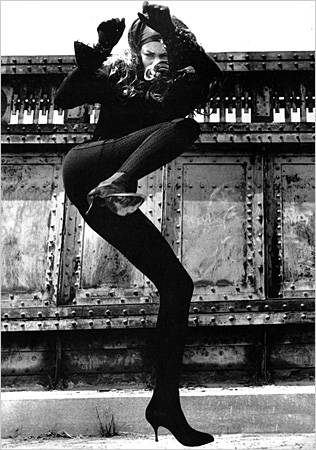Perhaps all of life is the search for The Other, that soul which completes your own. Isn't this the promise of all love affairs, isn't this the hunger that makes spinsters and bachelors crazy?
In other hands The Girls by Lori Lansens would be peculiar or downright macabre. One thinks of Barbara Gowdy and her fascination with freaks and their strange ways, forced upon them by mismatched anatomy. A story detailing all their ins and outs probably tells us something about the human condition but not anything that you can take with you to a dinner party. The Girls, on the other hand, uses a peculiarity to tell the truth about something common to us all.
Ruby and Rose are conjoined twins, attached to one another literally at the head and therefore deeply attached through the heart. Ironically, because of their fixation, they cannot see one another and rely on mirrors when they need to look each other in the eye. Imagine being so close to someone and not to be able to actually SEE them -- isn't this something interesting to contemplate? How much of knowing is seeing, and how often does someone we know very well become invisible. What the soul knows the eyes don't need to see.
Well, it's a thought anyway.
Being so strange means in some ways that they have each other but no one else; they literally cannot live apart. All of life is a negotiation and every second is obviously spent with a witness -- you can see that there is a down side to having so close a soul mate.
The "other" is also the thread woven throughout The Thirteenth Tale, where Margaret was a conjoined twin whose "other" was sacrificed so she could live. She seeks her other constantly, and sees her in the reflection of her own face in mirrors and blackened windows.
Both books are fantastically good. Both describe a closeness and yet a yearning for something intangible which is missing, a lack that must be essentially human.
Like Margaret, I have always wanted a sister at the very least, a twin at the best. I have missed my unborn sister terribly. I don't imagine her so much anymore but when I was a child I felt her absence acutely, my ballast against the cruelties of the world.
The thing is, and it is just a passing notion, even if my sister and I were joined at the head if not the hip, there are things she would not know or like. Even conjoined we are essentially alone.
How sad is that?
Perhaps it isn't. Perhaps we can live in our own private paradise no matter what.
Monday, December 17, 2007
Subscribe to:
Post Comments (Atom)












2 comments:
A fairly obscure French shrink and philosopher named Jacques Lacan put it best:
"Who is this Other to whom I am more attached than to myself, since, at the heart of my assent to my own identity it is still he who wags me?"
Amen.
This is great info to know.
Post a Comment